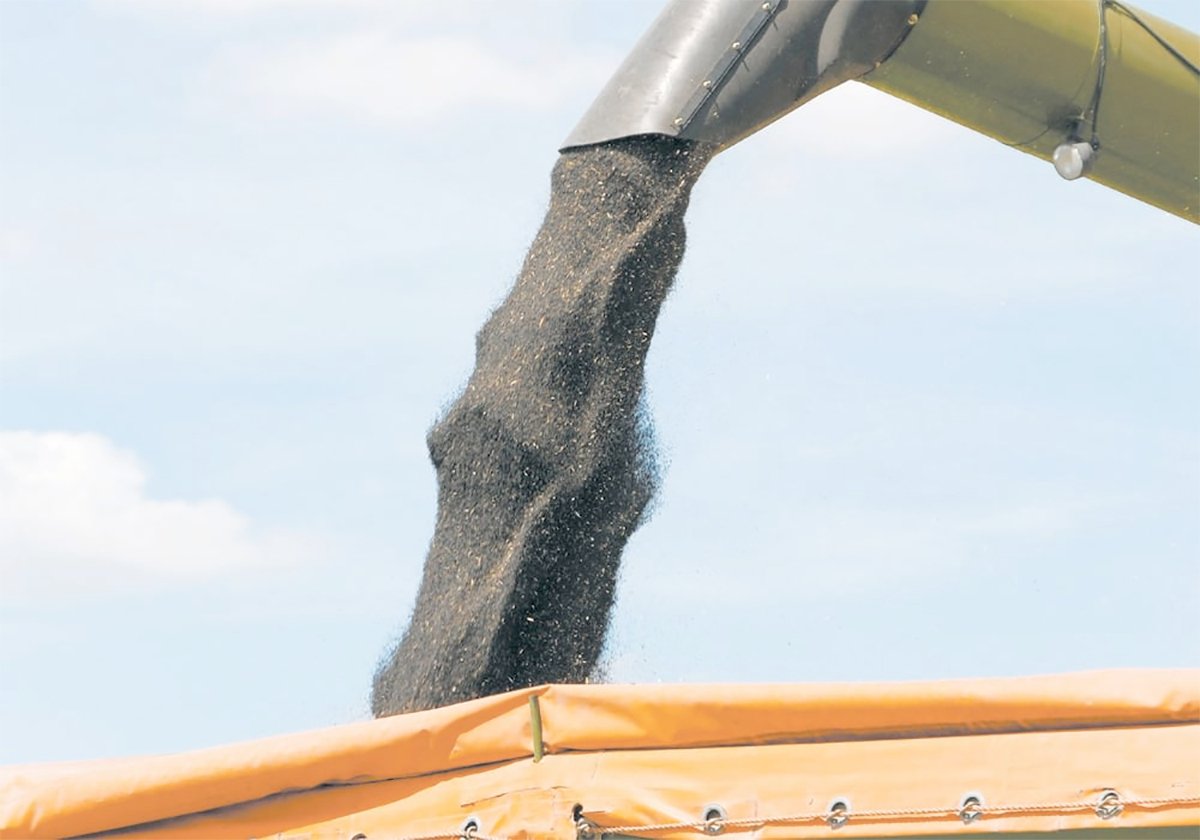EDMONTON — For reporters, the political fodder coming out of Alberta these days is unprecedented.
First, there was the historic election that ended 43-years of Progressive Conservative reign, a result that made NDP leader Rachel Notley premier and has exposed deep factions within the province’s political right.
Now, former Conservative cabinet minister Jason Kenney says he plans to run for the Alberta PC leadership and unite the province’s deeply divided right in the process.
It’s exciting times in Alberta’s cut-throat political scene.
Read Also

Determining tariff compensation will be difficult but necessary
Prime minister Mark Carney says his government will support canola farmers, yet estimating the loss and paying compensation in an equitable fashion will be no easy task, but it can be done.
The PCs haven’t even decided whether Kenney will be allowed to run. Since Kenney announced his decision to run, political journalists have been unable to hide their excitement about the potential for stories.
The narrative alone is fascinating — the race itself even stranger.
Kenney’s leadership announcement comes a year after his former federal cabinet counterpart, Jim Prentice — widely respected in Ottawa circles — quit politics after being decimated by Notley’s NDP.
Another of his Ottawa colleagues — former Conservative MP Brian Jean, now Wildrose leader — becomes both political foe and friend. After all, if Kenney is to unite Alberta’s political elites, he needs Jean’s help to do so, while ensuring the Wildrose leader doesn’t come out on top.
This is the same Jean, by the way, whose grace in the face of personal tragedy (first the death of his son, then the loss of his house during the Fort McMurray fire, where he refused to take a bed in the shelter and instead slept in a tent) has earned him much respect.
And while Kenney’s leadership bid has been backed both by federal Conservative interim leader Rona Ambrose and former Prime Minister Stephen Harper, those backings have infuriated senior PC and Wildrose officials, who are angry over increased meddling from the party’s federal wing.
Still, Kenney is not naive to the game of politics.
During his time in Ottawa, Kenney was known for his ability to serve as a government pit bull. His grinder-style work effort helped him rise to the senior ranks of Harper’s cabinet.
He’s also a talented organizer, one who is widely credited for helping the federal Conservative party’s ability to expand its base into Canada’s ethnic communities. (That is, at least until the Harper Conservatives decided to campaign on the promise of introducing a barbaric cultural practices tip line during last fall’s election, which many believe cost the Conservatives the last election.)
Alberta’s political landscape has changed dramatically over the past few years, thanks to an influx of workers from Eastern Canada. While parts of the province remain a Conservative stronghold, Alberta is a lot younger, more diverse and socially progressive than the rest of the country — and its politicians — often realize, particularly in urban centres.
For a staunch social conservative like Kenney, winning is not going to be an easy feat. What’s more, Albertans have an uncanny ability to remember political blunders and gaffs, an area in which Kenney is not immune.
Most notably for Canadian agriculture is Kenney’s heavy-handed reaction when he was employment minister to issues with Canada’s controversial Temporary Foreign Worker Program.
In 2014, at the height of public criticism over reports of abuse within the TFWP, Kenney unveiled a suite of sweeping changes that capped the number of foreign workers that could be brought in. He also increased the processing fee per application.
Those moves have widely been blamed for exasperating an ongoing labour crisis within Canadian agriculture with meat processors, apiaries and mushroom farms particularly hard hit.
There is no federal program aimed at helping low-skill temporary foreign workers, many of whom work in agriculture, become permanent residents.
Then-Alberta Premier Jim Prentice went as far as to warn Kenney the reforms were particularly onerous for Alberta, where the province’s labour market was already struggling to find employees.
Whether those decisions will haunt Kenney, only time will tell.














